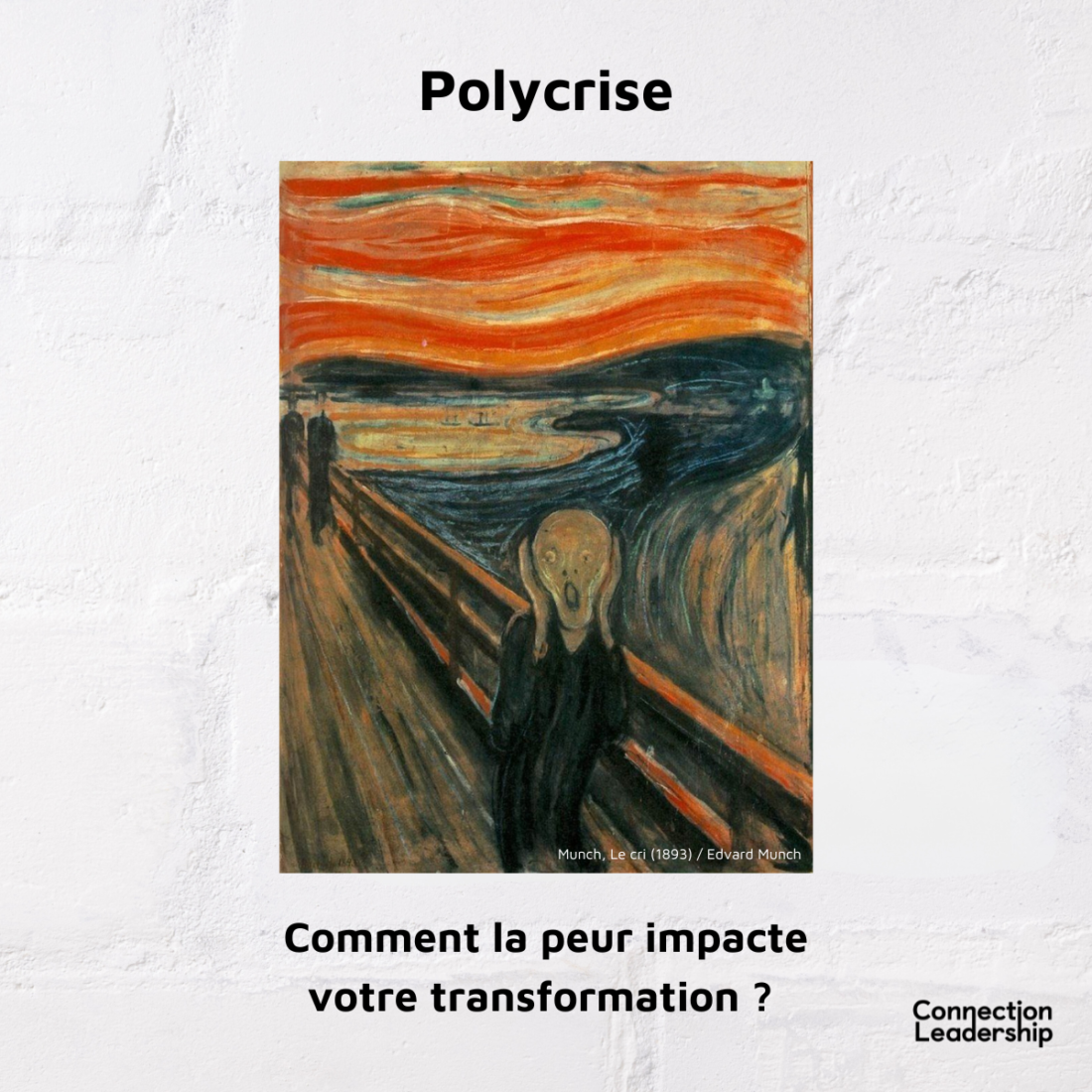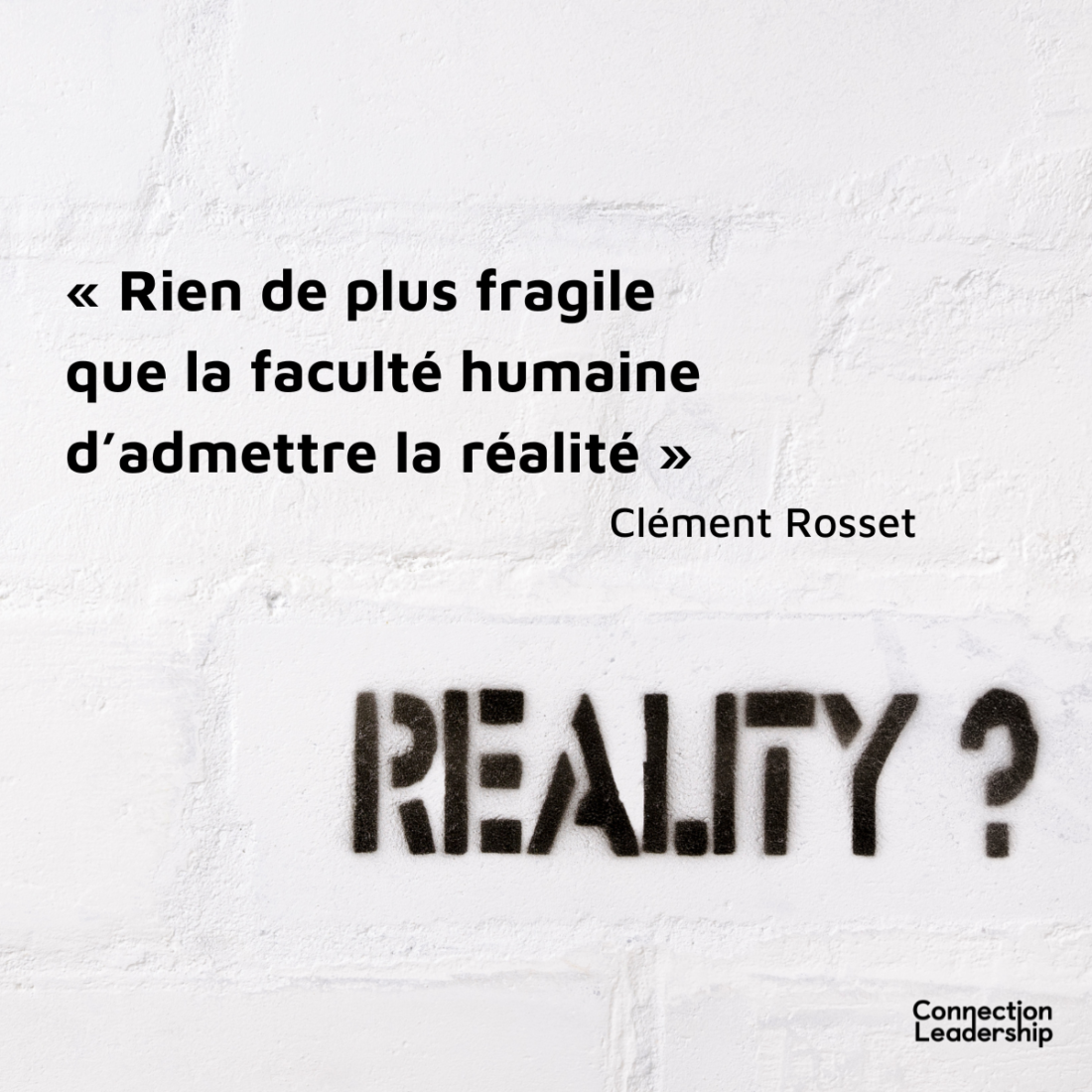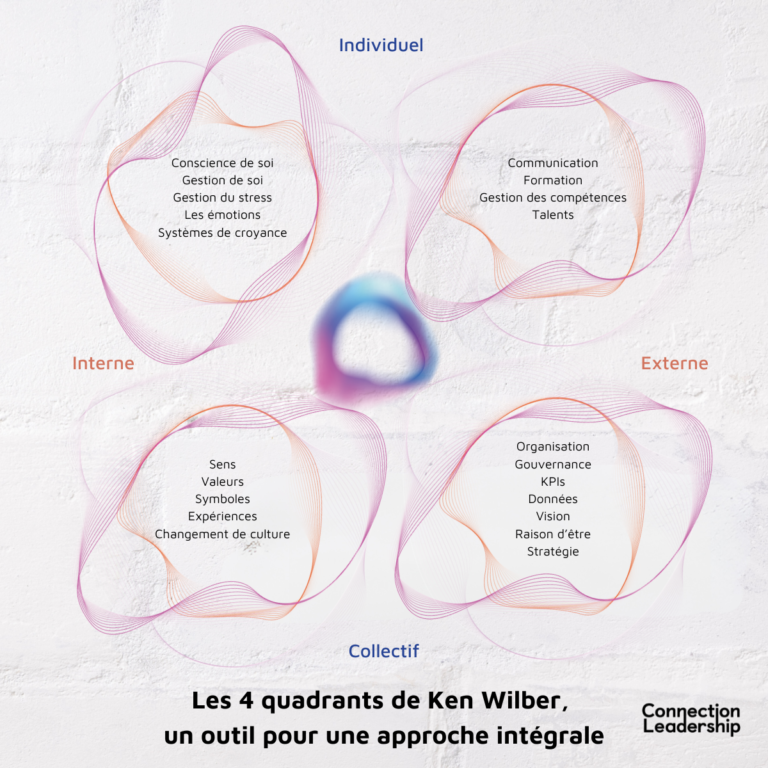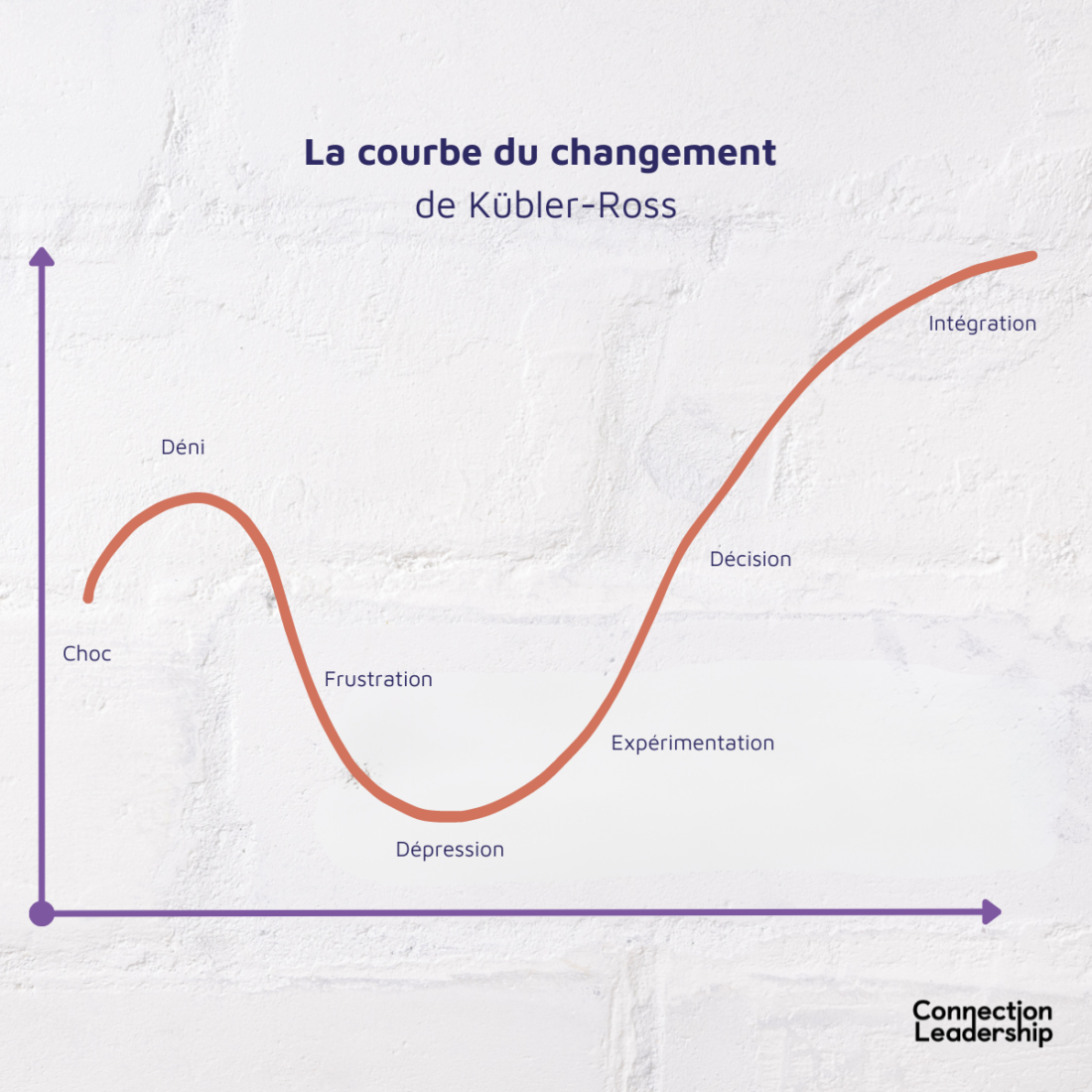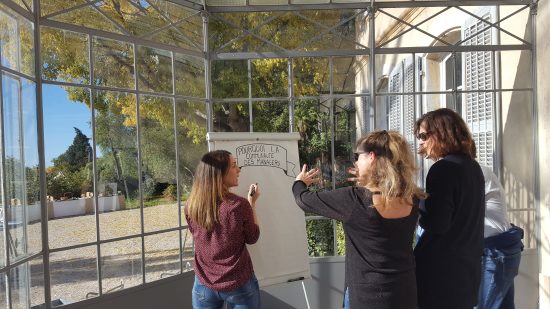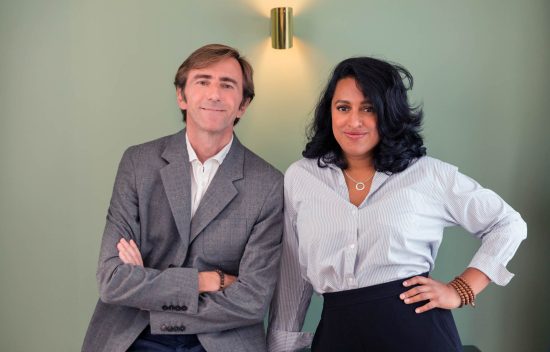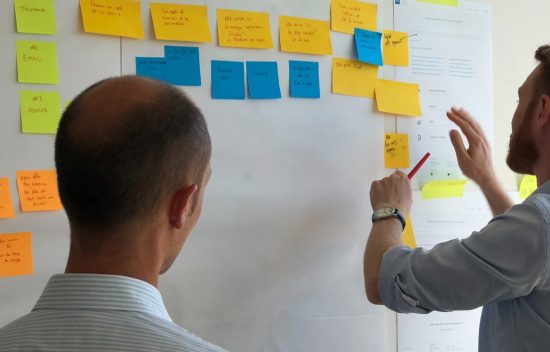
A holistic approach to its innovation laboratory
Some 64% of major French groups are considering cutting their innovation budgets because of the economic impact of the pandemic on their business.* At the same time, the health crisis has revealed the intrinsic need for companies to innovate quickly, efficiently and disruptively. The question of how remains, and with

